The adage “Never date someone you work with” is a common refrain, yet Lisa Malmarowski and Pam Mehnert have defied it. These two individuals, known for their thoughtfulness, have been in a relationship since 1998 when they met at the Outpost Natural Foods Co-op. Pam was the General Manager and offered Lisa a job—and the rest is history.
Legal Marriage
They initially entered into a domestic partnership when it became legal in Wisconsin, but later decided to get married in a state where they could relocate if required. They married in Seattle on September 18, 2013, and celebrated in Milwaukee that November with friends and family.
Lisa, who never envisioned getting married, did not want to be constrained that way. “I never imagined my future and wanted to live in the moment.” Before meeting Pam, she had dated men and women. She grew up in a typical Midwestern, middle-class household. Her family was Catholic but not very strict, so she did not have to contend with the religious baggage that many gay individuals must navigate. She discovered kindred spirits in school through music and theater and had close friends. “I didn’t realize my high school friend Mark was gay until we were both in college, and he came out to me.” Later, she discovered that most of the men she dated or hung out with in school were gay.
Pam, on the other hand, grew up in a highly religious family that joined a worldwide church (which some consider a cult) when she was 12 years old. At 14, she enjoyed spending time with boys as friends but was also attracted to girls. “I was sporty and quite a tomboy, so I could wear jeans and t-shirts most of the time in high school. I had crushes galore and wrote what probably looked like love letters to many a girlfriend. The Christian guilt and my naivety kept that from going further. Growing up in a Christian family, like many others, I pushed those feelings deep, deep down until I was 26.”
Finding Acceptance
Both women received support from different networks when they discovered their sexuality.
Pam was working at the co-op in the 1980s when she began to meet other lesbians and found the courage to be herself. She no longer hid her sexuality from anyone except those who could harm her then-partner’s employment. They lived in Milwaukee’s liberal Riverwest neighborhood and attended every women’s concert and workshop they could. A whole new world was opening before her, and she dove into it as fully as possible, attending organizing meetings for women’s groups, gay rights marches, and the like.
The former couple moved to Washington Heights in 1987 and showed Pam what a great “gayborhood” looked like. Her first gay bar experience was at Fannie’s in Milwaukee. It was amazing and scary for her at the same time. Dancing and holding hands with a girlfriend/partner for the first time in public was something she never could have imagined. A favorite gay bar memory was playing a game of pool with her partner and having two very, very butch women put their money on the table (meaning, of course, they wanted to play them in the next game). Before the match started, her partner whispered, “We’d better let them win.”
Lisa moved to Madison at 17, where she went to a gay bar for the first time called Going My Way. The club had three floors, with the lower level being the women’s bar. Meeting someone who asked her to dance took little time. “I guess I knew then but never really identified as anything. I saw myself as bisexual, but the big emotions and romantic love always seemed to be entwined with other women.”
Lisa quickly found friends and a community in Madison. She even joined a women’s group for a while. One thing that stood out was going to the MAGIC picnic in Madison. Getting out of dark bars and being out in the open sunshine with hundreds of folks like her made an impression and felt powerful. She remembers holding hands with other women and running across a field like a queer Coca-Cola commercial! Lisa’s favorite memories of her younger self were Sundays at Park Avenue and dancing with other women at Fannie’s. She views these times through the mist of the past and the feeling of being young and invincible.
Both women have found acceptance of their sexuality and their community, and they believe that LGBTQ life has progressed. Lisa observes that today in this country, gay folks can live openly and bravely, unlike before when it was still a secret. The early 1980s were a period of genuine growth for the gay and lesbian community after events such as Stonewall and other riots/protests opened people’s eyes to their struggles. However, even with those strides, people still lived double lives. While the general public segregated the lesbian community into butch and femme, the dyke culture was still going strong. Change was happening, but it was slow.
HIV/AIDS
HIV/AIDS emerged during a particular period of Pam and Lisa’s lives. Lisa’s roommate started talking about this “cancer” that only affected gay men and was feeling worried. “Little did we know how it would explode into the lives of many. I don’t think there’s a way to explain how this felt or impacted our community. It changed things in so many ways. We all had to become advocates and allies for ourselves and our families. It pushed all of us out of our closets.”
On this serious subject Pam notes,“It is hard to explain to someone younger how the AIDS crisis changed society politically and culturally. Suddenly, people had to fear not only coming out but also public opinions about the community they identified with.”
She also remembers when bars and clubs became a mixed company with straight folks wanting to hang out. “While what we said we wanted all along was to be included in a society like everyone else, it was weird to lose our own space. Women-only events began to disappear locally and in popular culture, and the great “coming out” that began with Ellen was happening not just on television but in music.”
From Pam’s perspective, lesbians began to disappear during the ‘90s and early 2000s. Movies and sitcoms had gay male characters, so there was no place for lesbians other than daytime talk shows. Ellen followed Rosie on TV; they gained acceptance because they appeared “nice.” Lilith Fair was incredible, but you didn’t see many self-proclaimed lesbian performers. Of course, she says, “If you want to see change (then vs. now), look at women’s college basketball and the WNBA!”
Pam’s history includes attending the Michigan Womyn’s Music Festival with her first partner every August. They went every year from about 1987 to 1995. “The Fest,” as it was known, was where you could let your freak flag fly proudly. Pam has vivid memories of the year that Tracy Chapman performed. Unknown at the time, her music was on the radio a year later. “That didn’t happen with many other women performers. Those were great times and great memories.”
Pam also expresses her pride toward the efforts of the gay, lesbian, and trans community before the 1980s, which led to Wisconsin becoming the first state to ban discrimination based on sexual orientation in 1982. She further mentions that she and her friends sponsored Tammy Baldwin, an openly lesbian candidate, in the late 1980s and helped her get elected. There was a particular pride in being part of the marches and coming out of the closet once they accepted their true identity.
The Future Needs History
Lisa is proud that she and Pam are in a position to mentor younger people. “We have young trans friends and family who are just starting their journey into personhood, and it’s extraordinary to be their role models.” Both women are concerned about the complacency that can occur with minorities and their rights. They can see the gains but think LGBTQ people need to realize that these strides can be fragile and taken away.
“Although accepted by most, we are not universally embraced. Public perception can take generations to change, but we must continue fighting for the rights of non-conforming people,” Lisa said.
The couple is now retired from their positions at the Co-op and have advice for the next generation: Lisa strongly advises voting for your rights and the rights of others, being kind, being brave, and finding your people. Pam wants younger people to remember LGBTQ history and every social movement that made that history. She says being yourself is not a crime; we might always have to fight to keep it that way. Don’t take anything for granted.

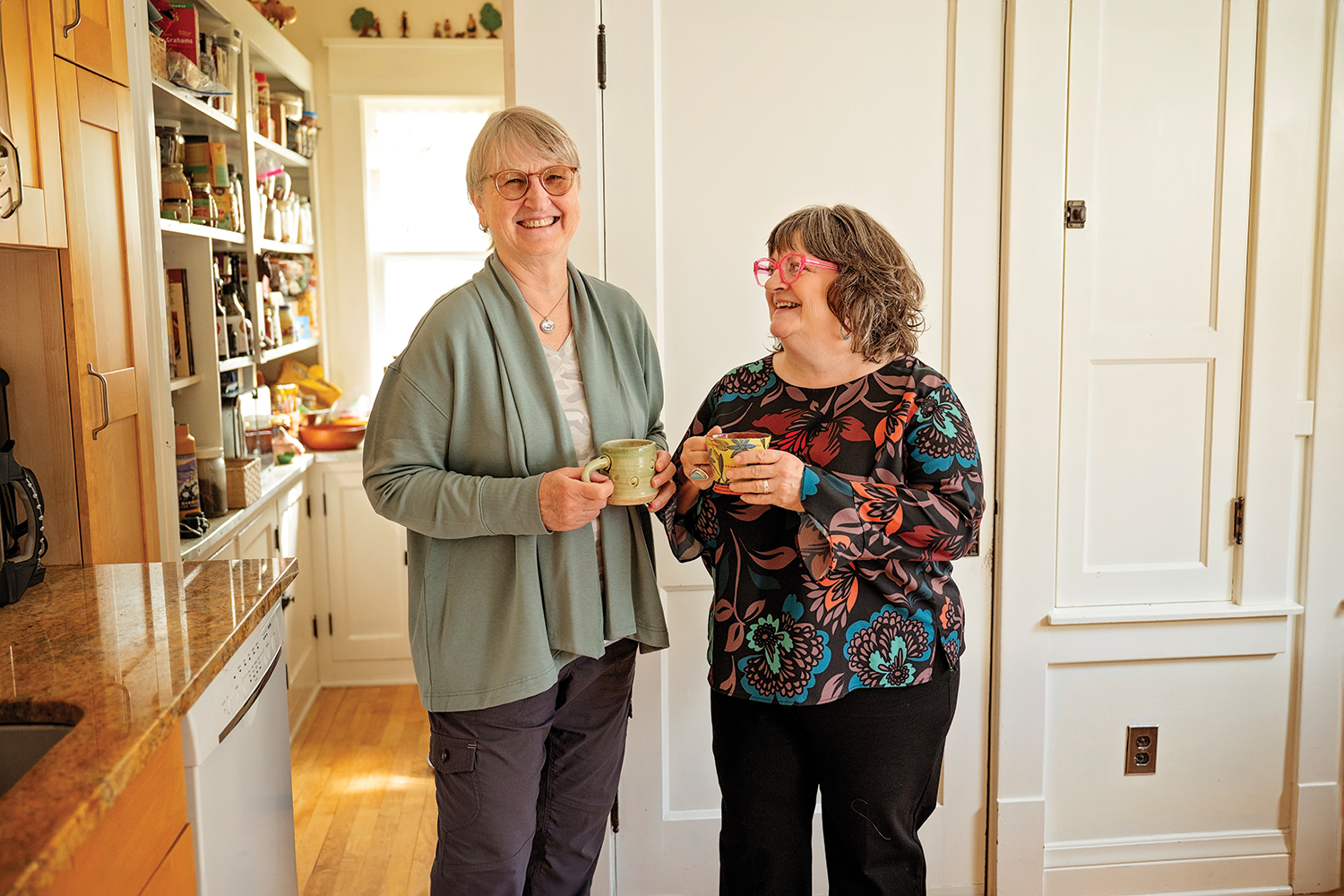






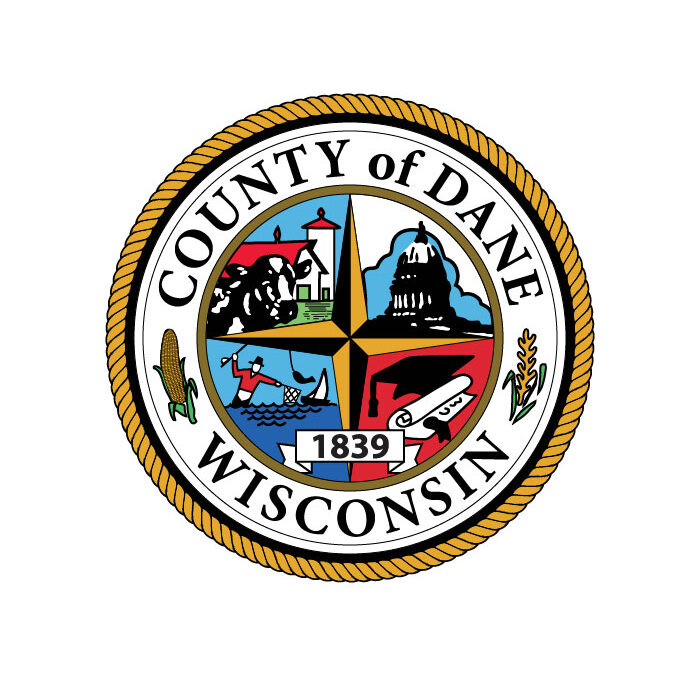
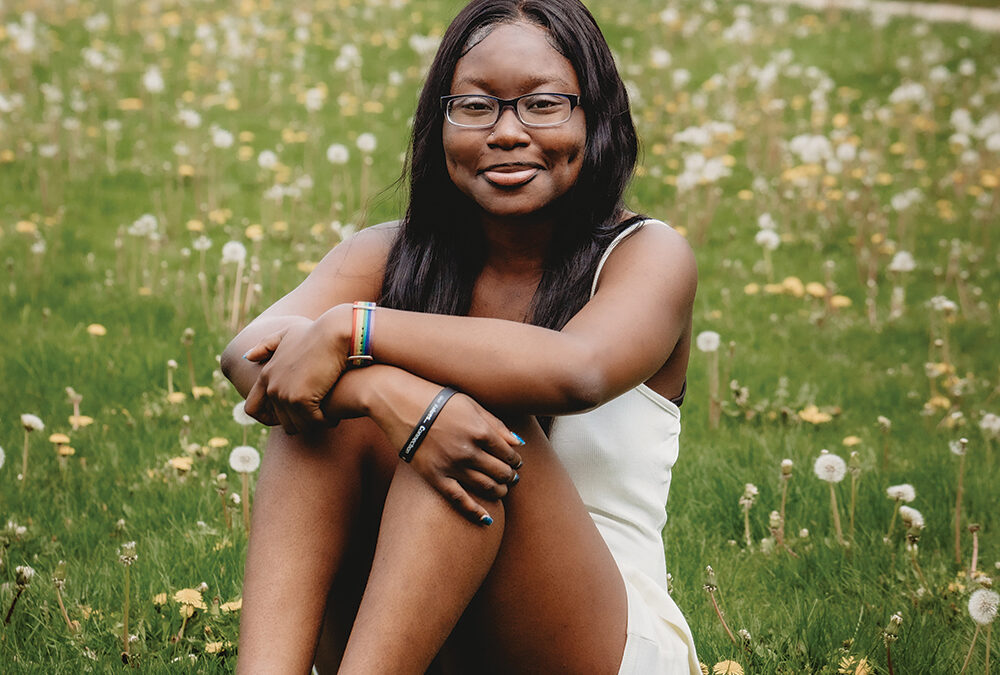
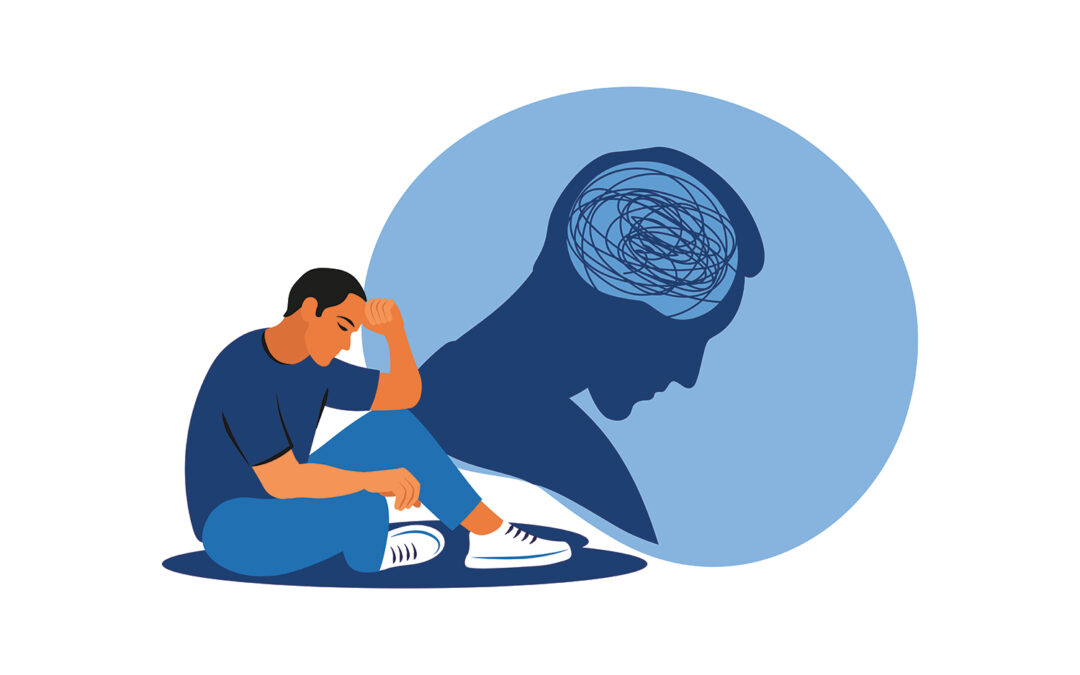
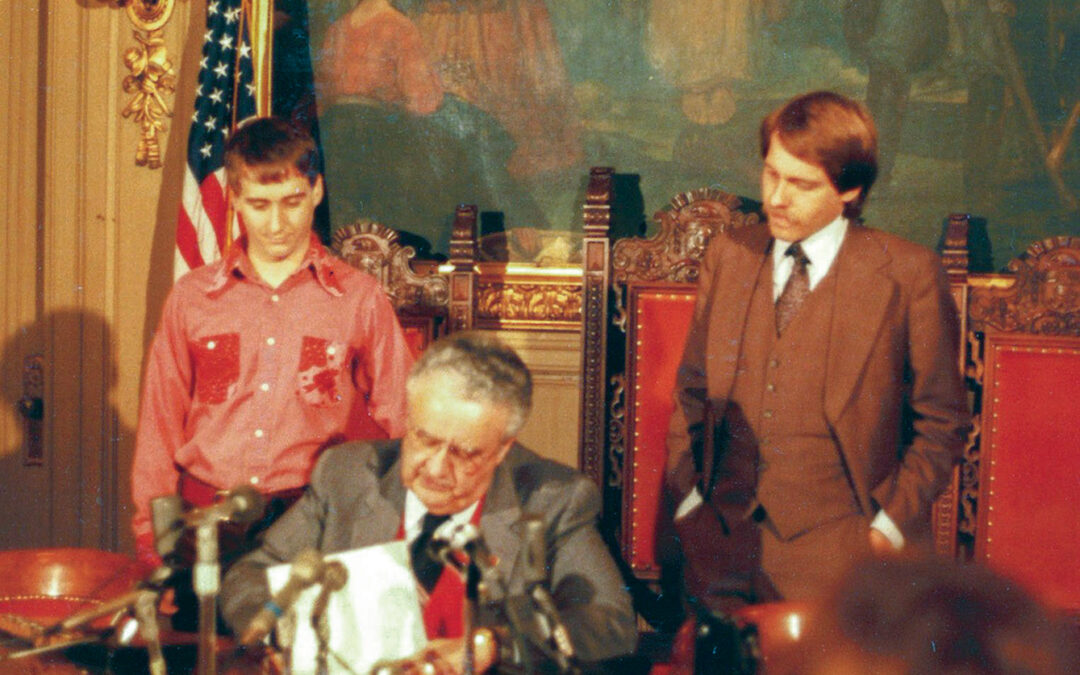
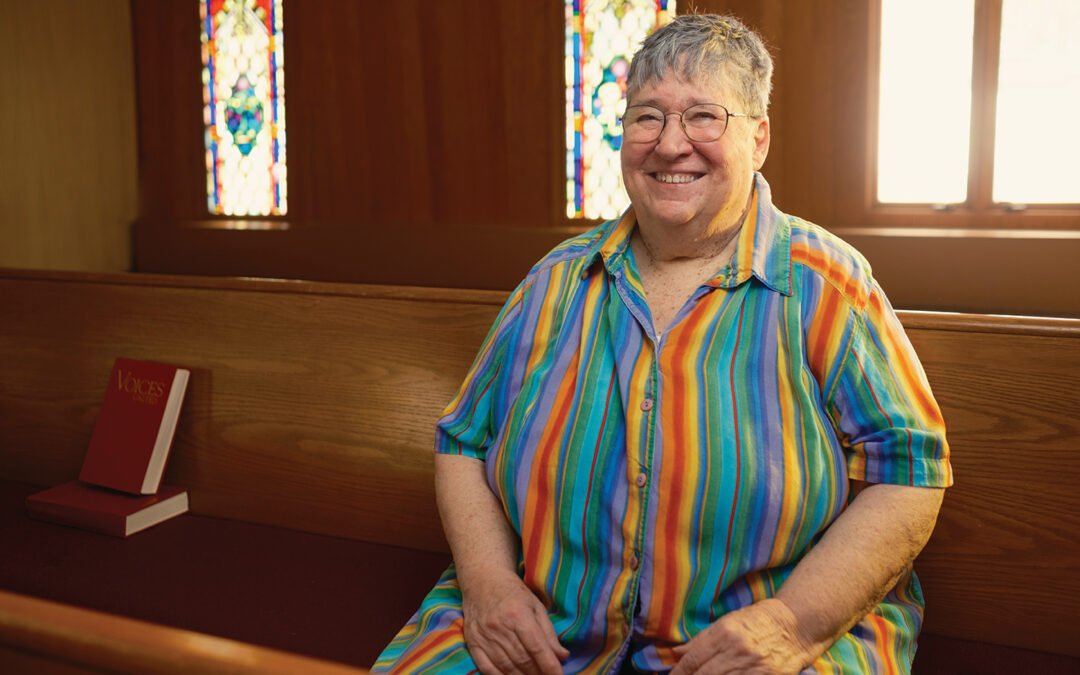
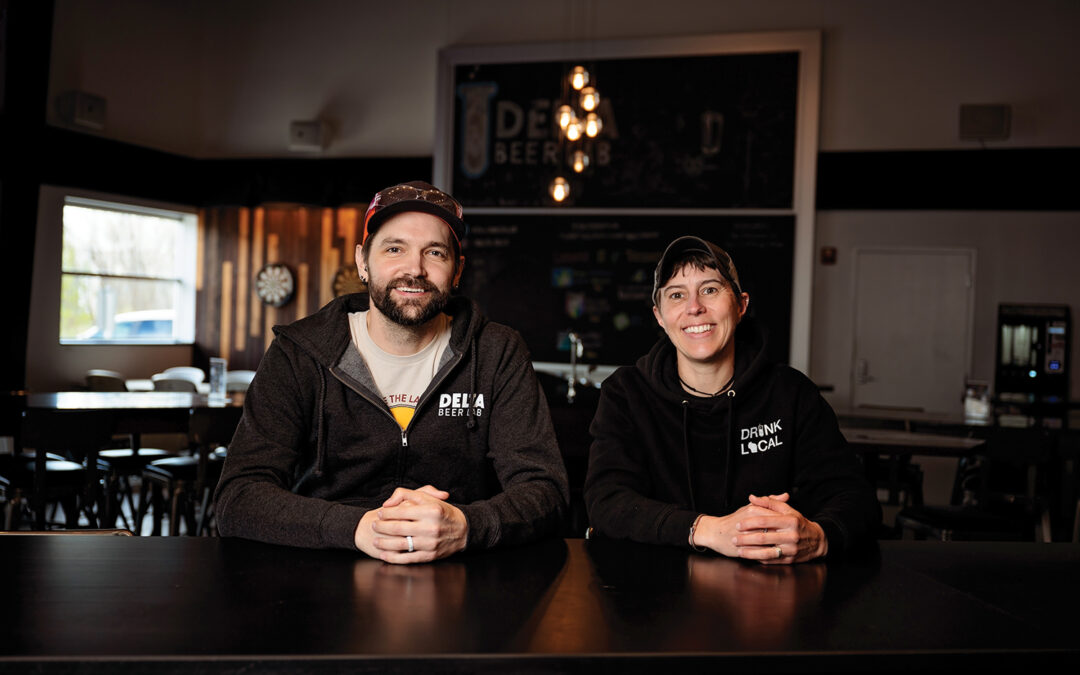
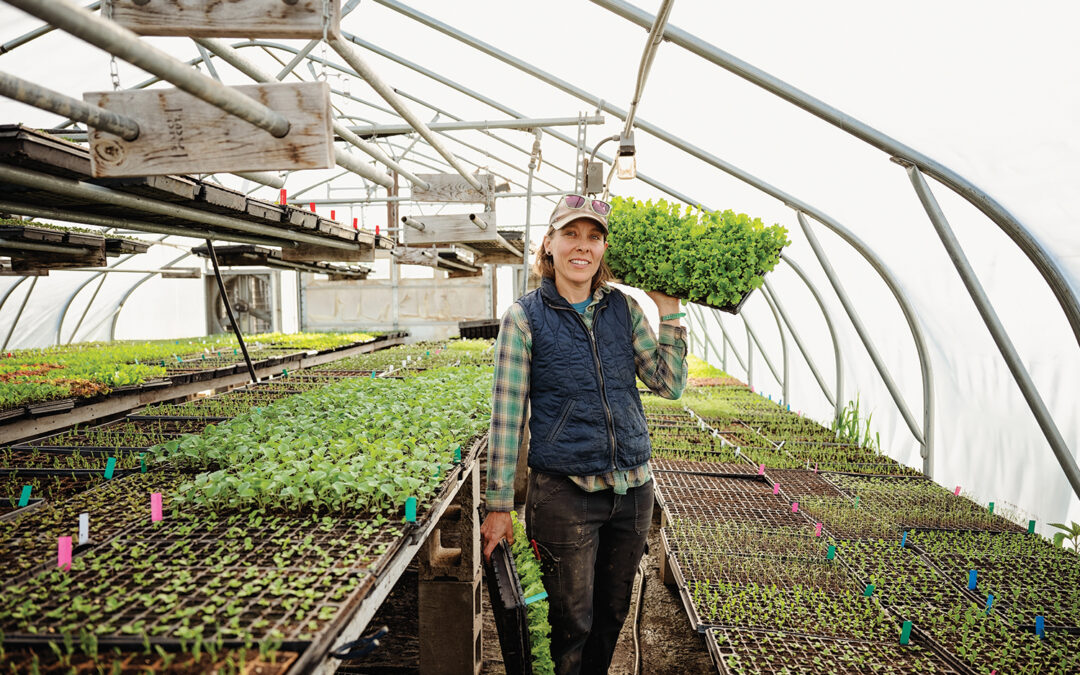
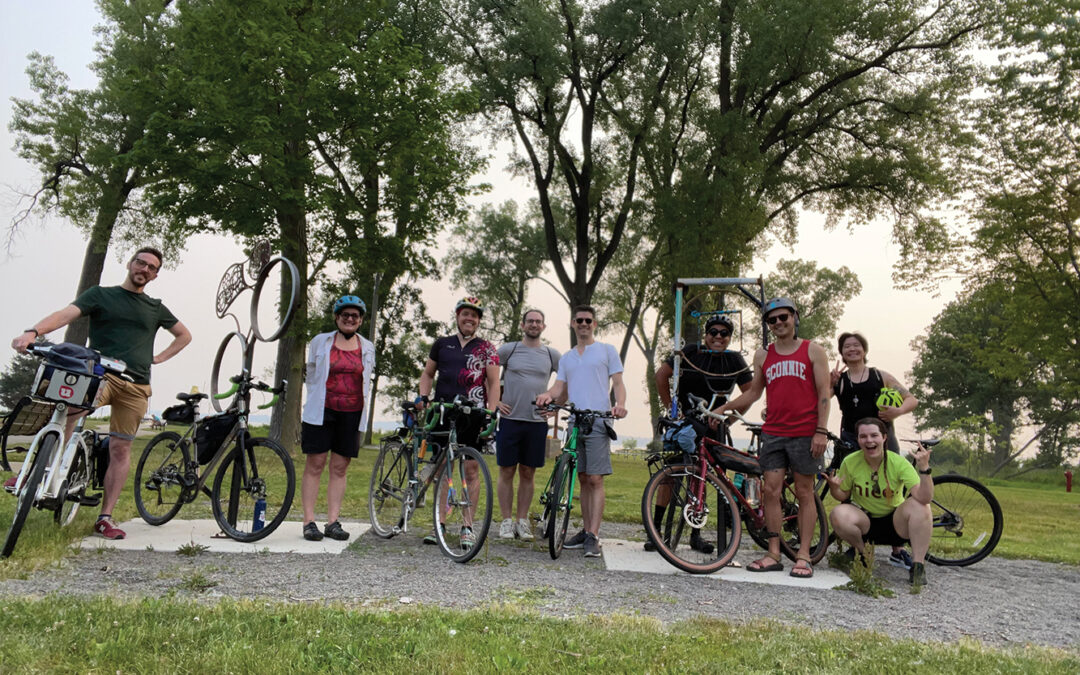
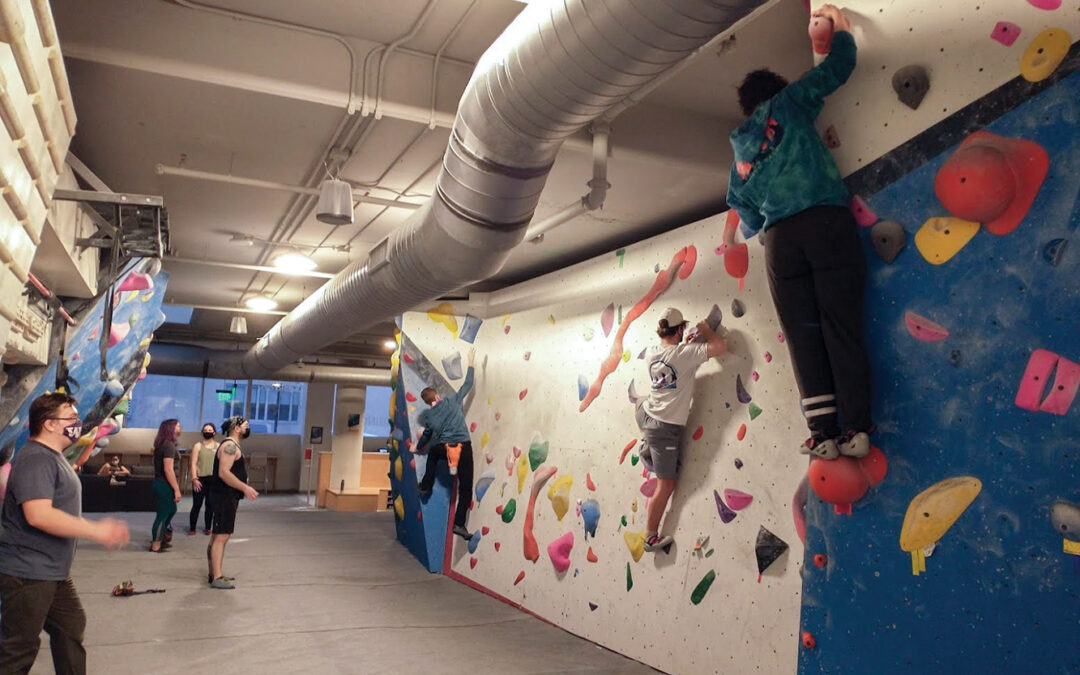

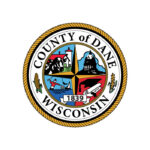
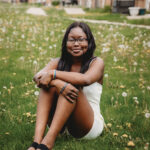
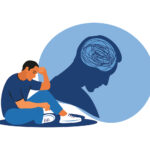

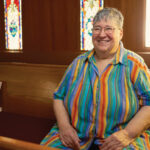








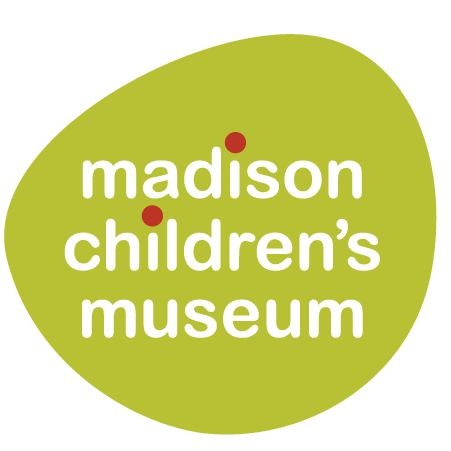
this wonderful story is one I was a part as I was the Union rep for outpost from 1980 to 2005, I consider Pam and Lisa Friends
I’m proud to call these generous, loving, and kind people my friends. Although I’m their age, they have taught me so much in the 25+ years I’ve known them.
They’re among my most favorite people on the earth.